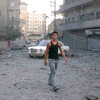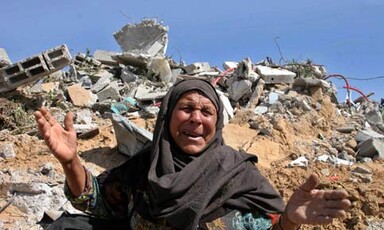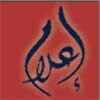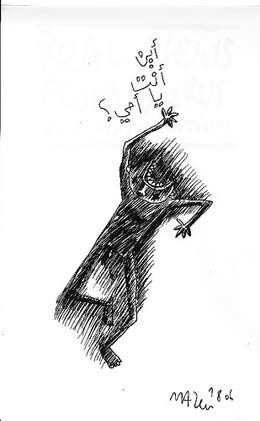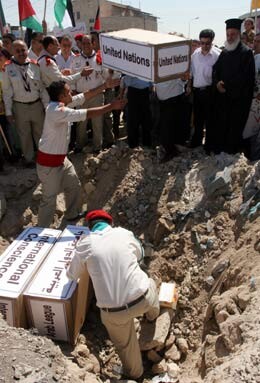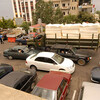
UN agencies rush aid to help Lebanese and others who have fled to Syria
9 August 2006
Seeking to help ease the plight of thousands of civilians who have fled fighting in Lebanon for Syria, United Nations agencies are rushing aid to the country as part of the overall effort to assist civilians caught in the crossfire of the Middle East conflict. The United Nations Children’s Fund (UNICEF) has focused its attention on the youngest victims, organizing immunization campaigns to protect them from diseases such as polio, mumps, measles, rubella and meningitis. The agency has also provided 150,000 capsules of vitamin A to be distributed to all affected children in a bid to boost their immune system. Read more about UN agencies rush aid to help Lebanese and others who have fled to Syria
